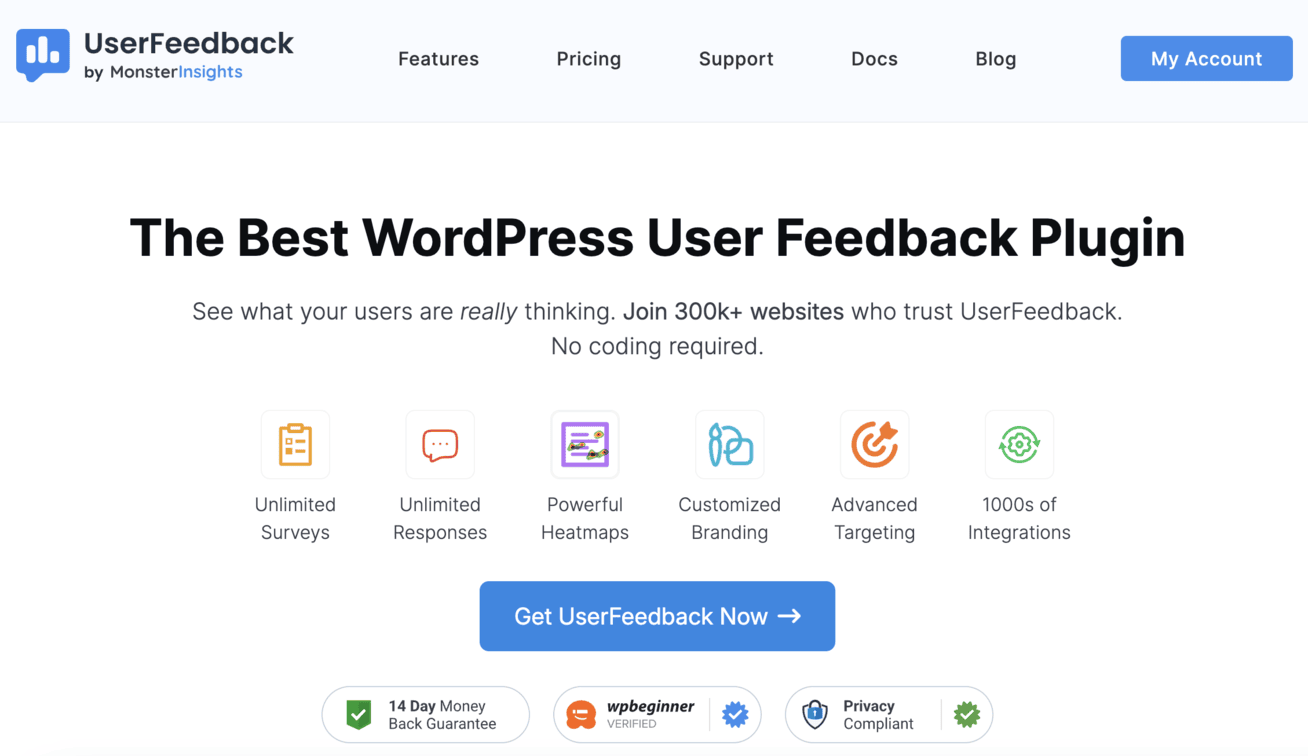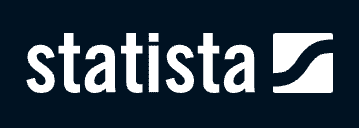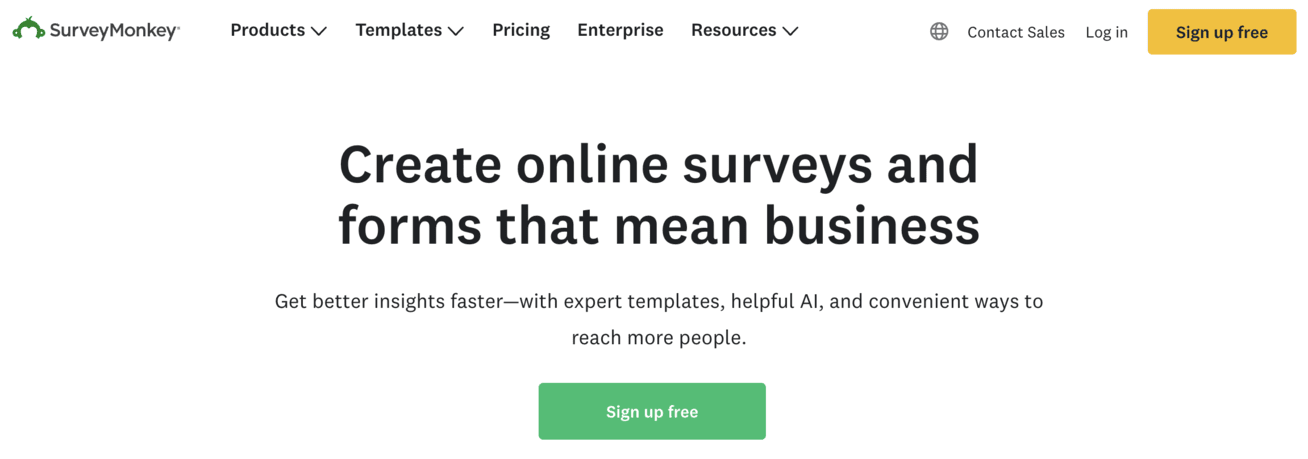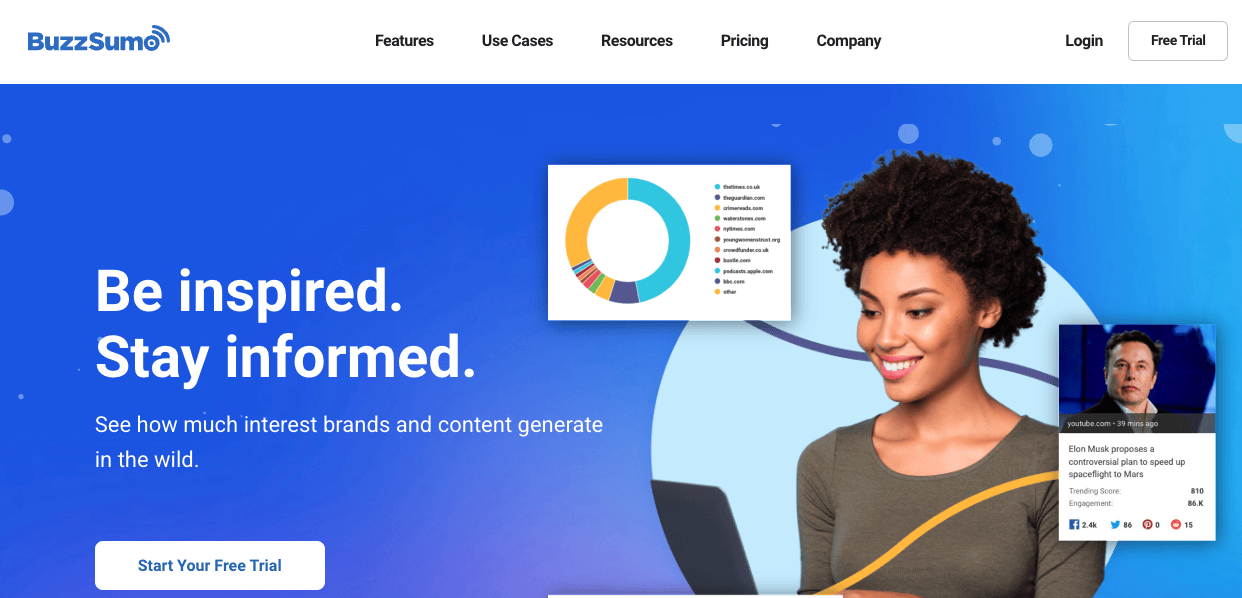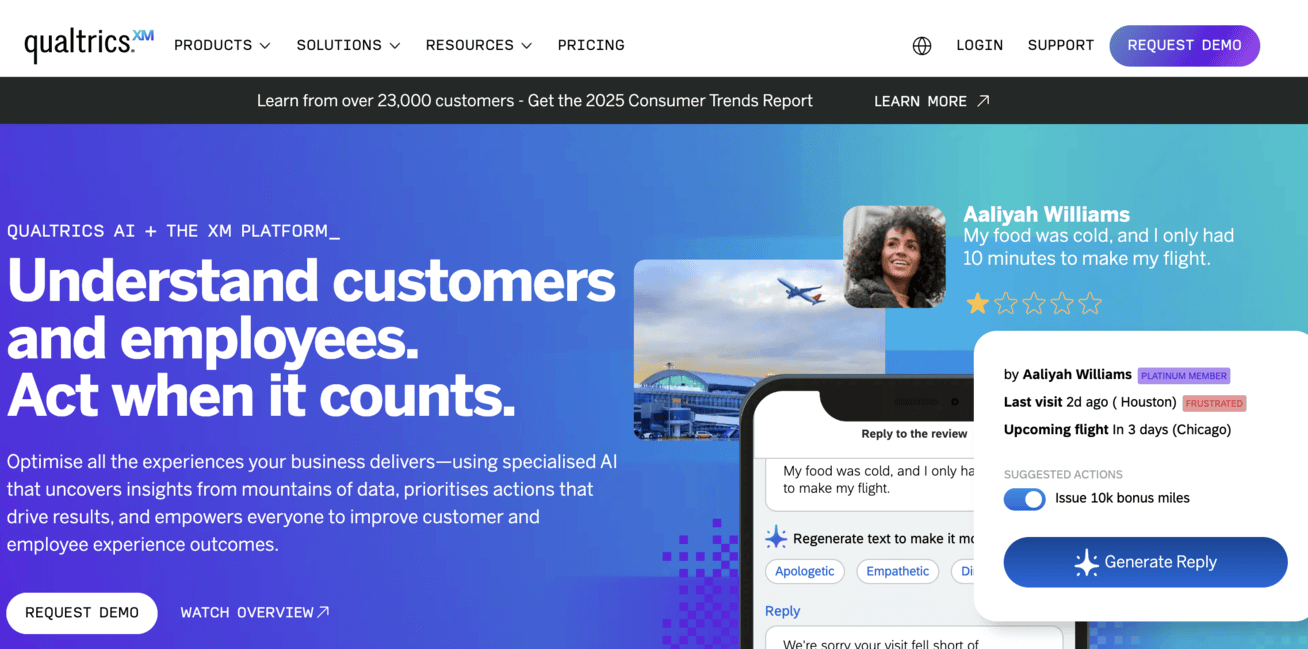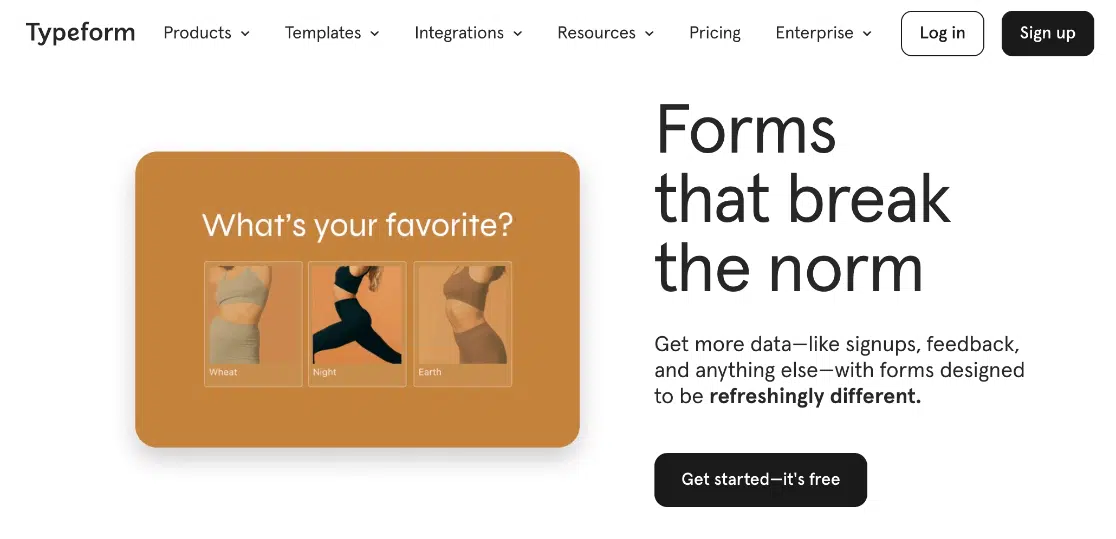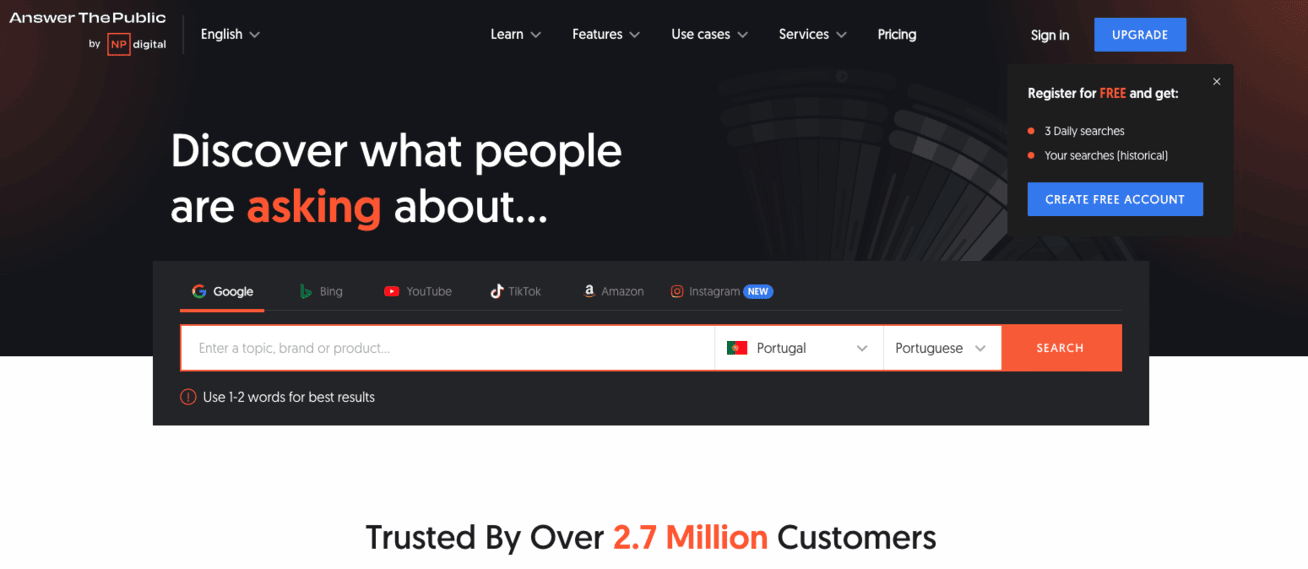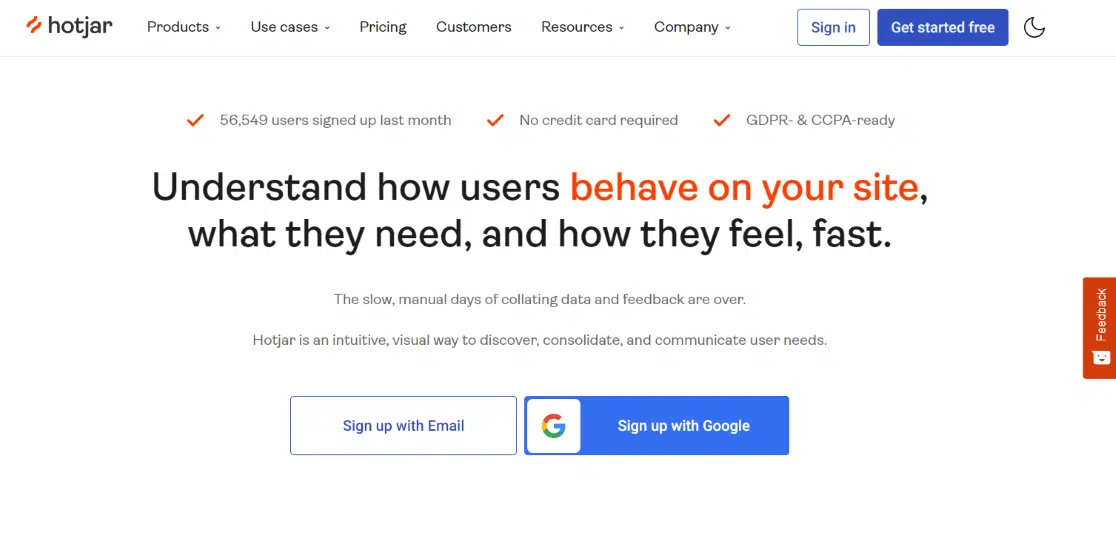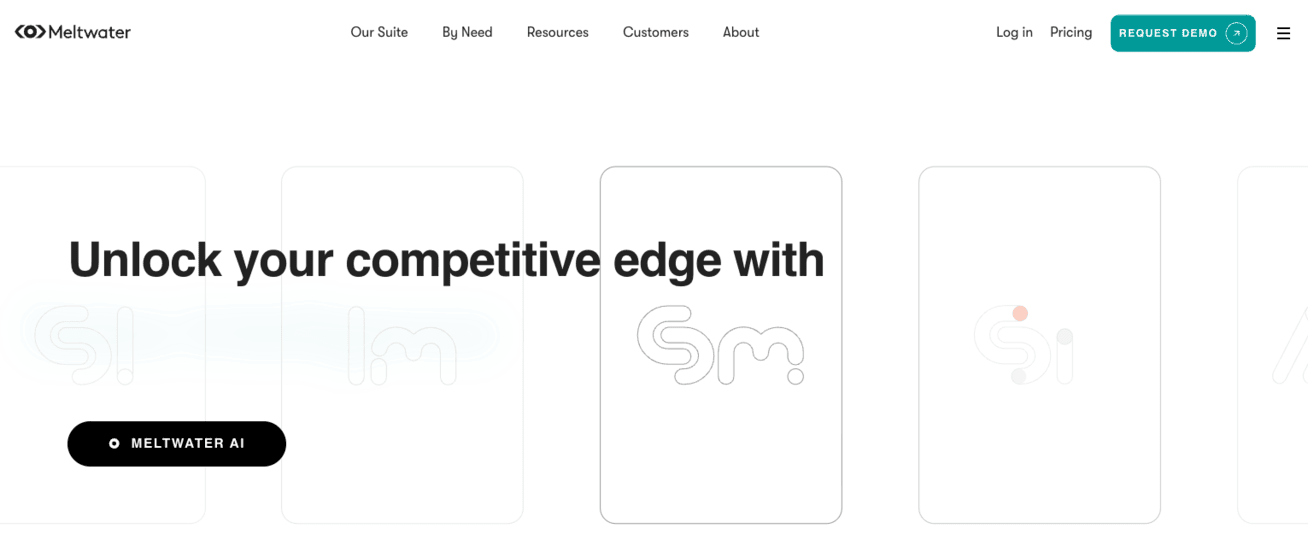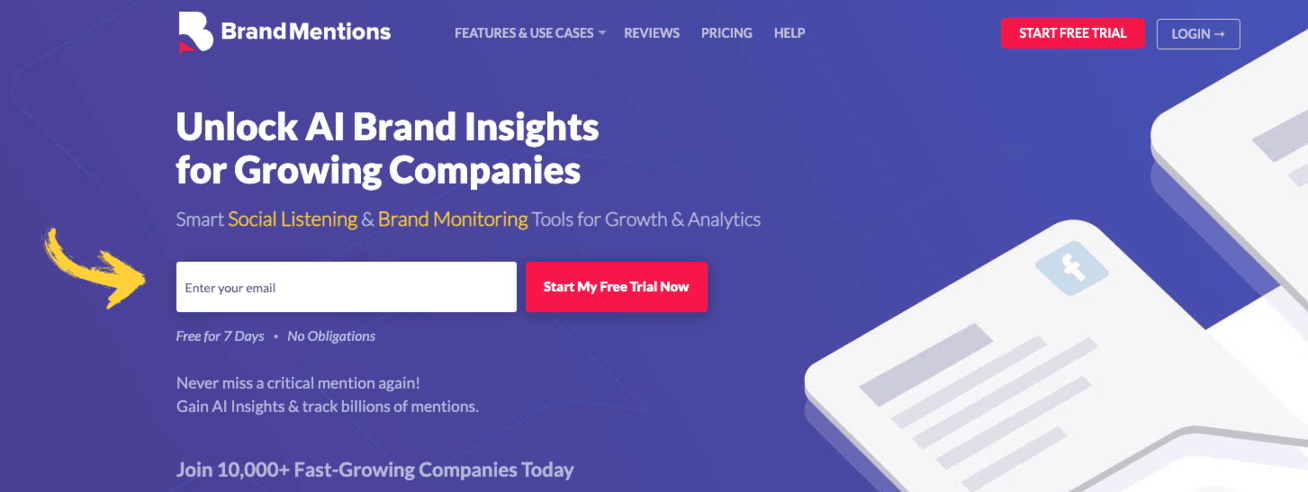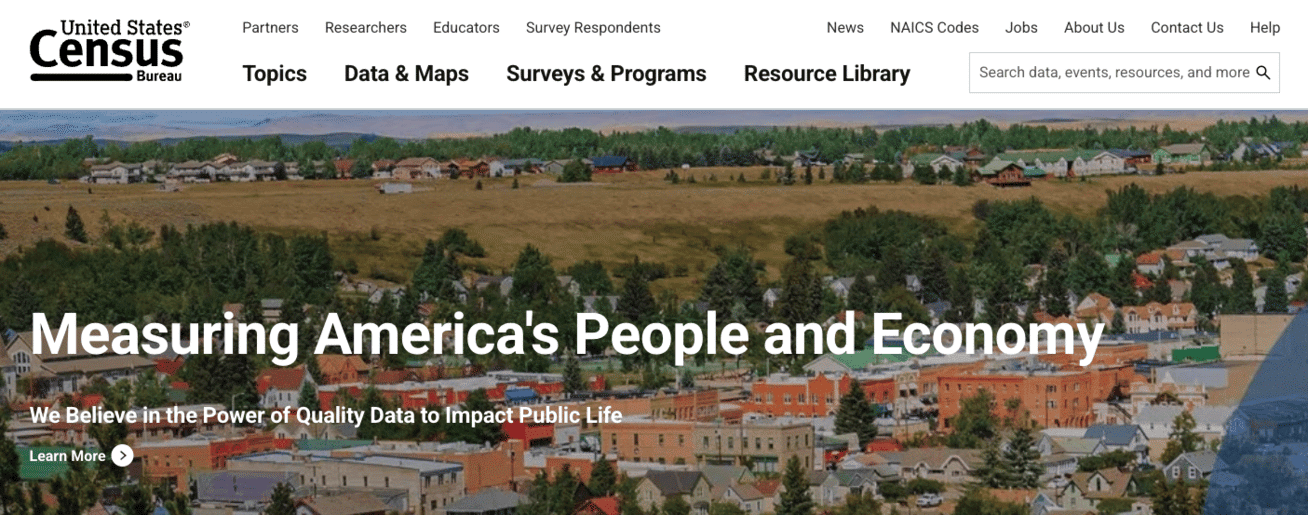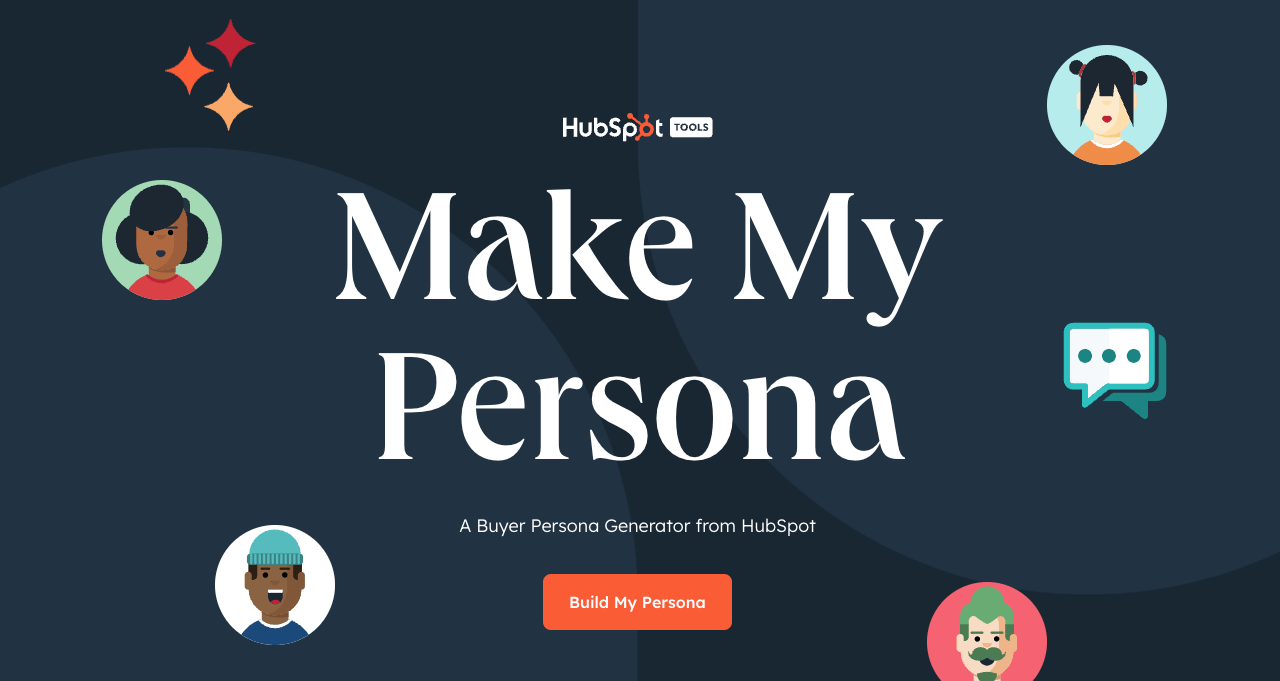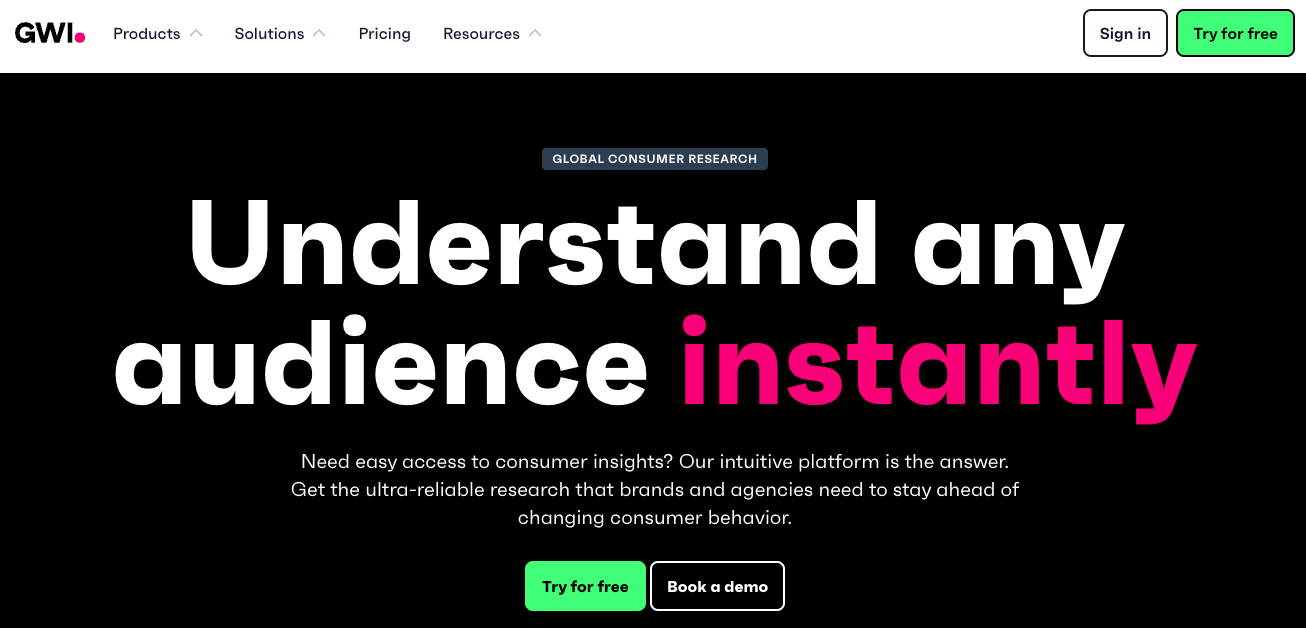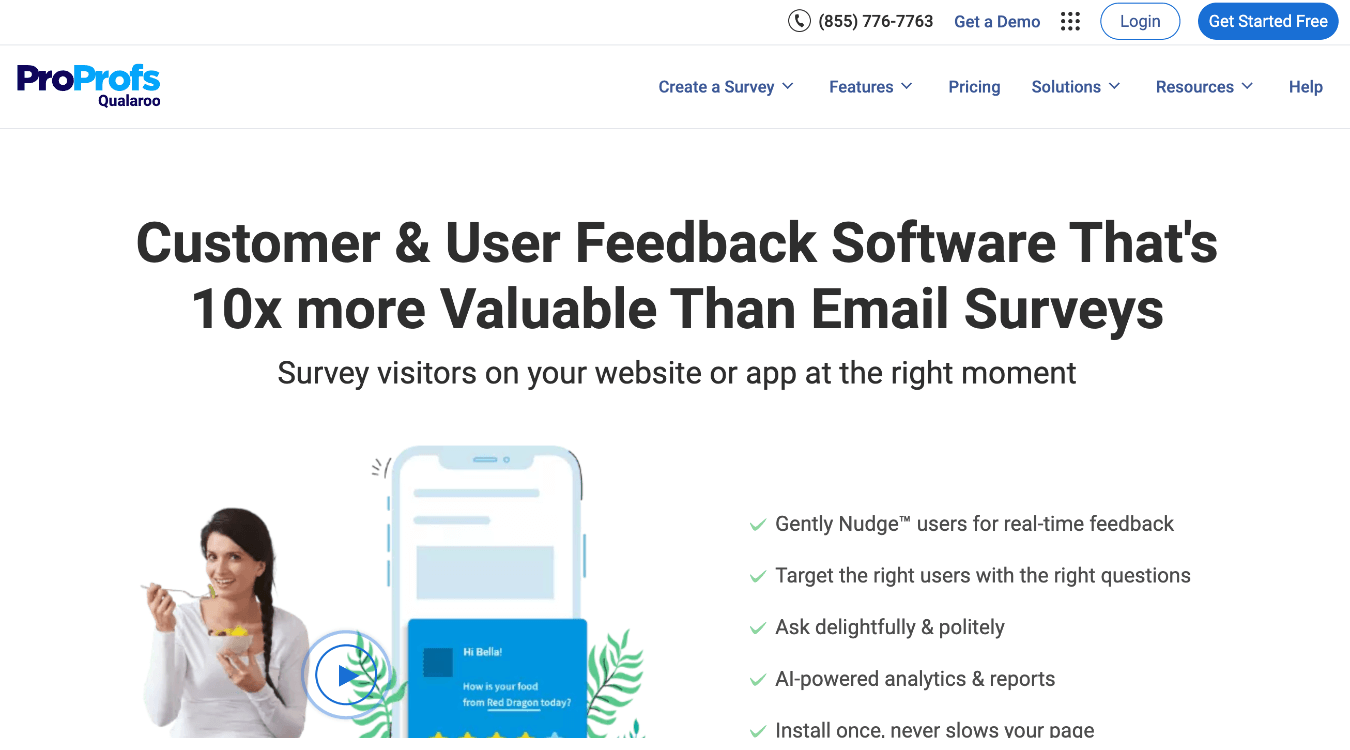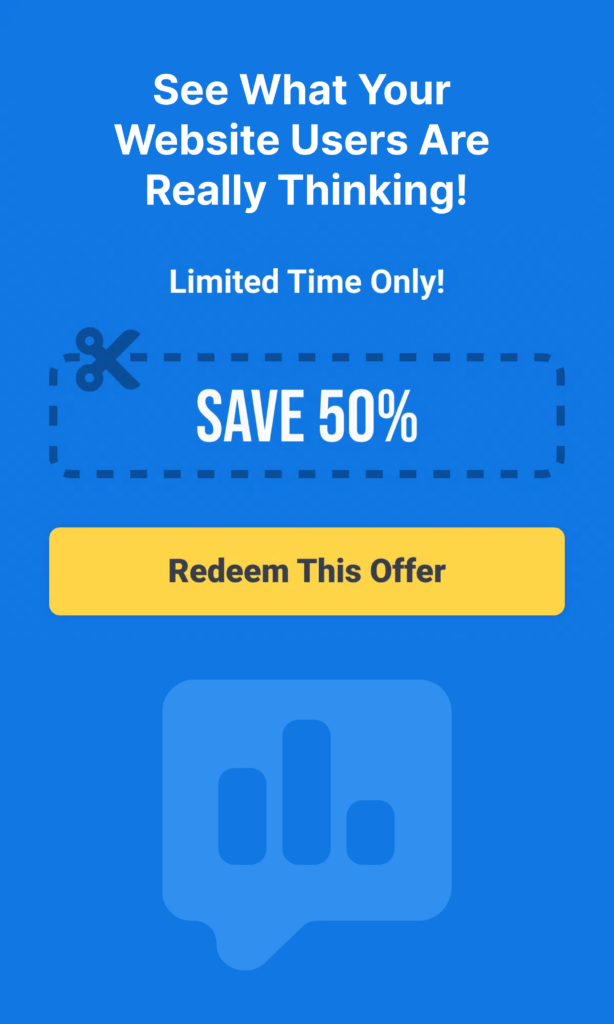Market research tools are essential for businesses looking to make informed, data-driven decisions in today’s competitive world. The right research platforms give you invaluable details that help you understand your audience, identify emerging trends, and develop winning strategies without relying on guesswork.
In my experience, quality market research tools transform how companies connect with their target market and stay ahead of industry developments.
They help you collect actionable data about your audience, analyze consumer behavior, and gain a competitive edge through strategic planning.
So today, I’ll walk you through 16 exceptional market research tools that stand out to me, breaking down their key features, pricing, and ideal use cases to help you find the perfect fit for your business needs.
Let’s get started!
What Are Market Research Tools?
Market research tools let you see what your customers are thinking and doing. Think of them as a window into your audience’s mind, showing you what they love, hate, and will pay for.
These days, you don’t need a massive budget or a team of analysts to get valuable insights about your market. With the right tools you can get deep insights into your target audience and what makes them tick.
Imagine knowing exactly what features your customers want in your next product. Or which messages they connect with most. Market research tools give you this power by collecting feedback, tracking behavior, and spotting trends.
When you really know your market, you stop guessing and start knowing. Your decisions come from real data, not hunches. Your marketing hits the mark. Your products solve real problems. And you connect with customers in ways your competitors can’t match.
Key Features to Look for in Market Research Tools
Before picking a tool, know what makes a good one. The best tools should have:
- Good Data: Information from many trusted sources
- Easy to Use: Simple menus and clear design
- Custom Options: Ways to tailor research to your needs
- Smart Analysis: Features that find patterns in your data
- Works with Other Tools: Connects with your current systems
- Mobile Friendly: Works well on all devices
- Clear Reports: Shows data in easy-to-understand charts
- Team Sharing: Simple ways to share findings with others
Now, let’s look at the top market research tools.
16 Best Market Research Tools
1. UserFeedback
UserFeedback is the top WordPress survey plugin for gathering direct insights from your website visitors. It combines the power of feedback collection with visual analytics through heatmaps, giving you both quantitative and qualitative data on one platform.
What makes UserFeedback special is its simplicity – you can create engaging surveys in minutes without any technical skills. Plus, the tool shows questions one at a time, creating a conversational feel that keeps users engaged and increases completion rates.
For WordPress site owners who want to truly understand their audience, UserFeedback offers the perfect balance of powerful features and ease of use.
Key Features:
- Unlimited surveys and questions
- Heatmaps that show where users click and scroll
- Many question types, like star ratings and scales
- Smart logic that changes questions based on answers
- Works with Google Analytics
- Shows surveys based on user behavior
- Non-intrusive survey widget you can place anywhere
Best For: WordPress site owners who want direct feedback while seeing how users behave.
Pricing: Starts at $49.50/year with a free version.
2. Google Trends
Google Trends is a free tool that taps into Google’s massive search data to show you what people around the world are interested in.
It’s like having a finger on the pulse of global curiosity. You can see how search interest for any topic changes over time, compare multiple terms to see which is more popular, and discover regional differences in search behavior.
This tool is especially valuable for spotting seasonal patterns and emerging trends before they hit the mainstream.
For marketers and product developers, Google Trends offers a simple way to validate ideas and time your campaigns for maximum impact.
Key Features:
- Real-time search data
- Compare interest by region
- See trends over time
- Find related topics
- Spot seasonal patterns
- Compare up to five terms
Best For: Businesses wanting to see interest in topics or products across regions and time.
Pricing: Free
3. Statista
Statista is like having a research department at your fingertips. This comprehensive platform collects and organizes statistics, forecasts, and reports from thousands of sources across industries and countries.
What makes Statista stand out is how it transforms complex data into clean, professional visualizations that are ready to use in your presentations and reports.
Rather than spending hours hunting down reliable statistics from scattered sources, Statista brings everything together in one searchable database.
For businesses making important decisions or creating content that needs strong factual backing, Statista provides credible data that builds trust and authority.
Key Features:
- Huge database of market data
- Professional charts and graphs
- Industry reports and forecasts
- Regular updates
- Easy export for presentations
Best For: Marketers needing quick stats and charts for reports.
Pricing: Basic plan is free; paid plans start at $199/month yearly.
4. SurveyMonkey
SurveyMonkey has earned its place as one of the most trusted names in online surveys. With over 20 years of experience, this platform has fine-tuned the art of gathering feedback directly from your audience.
What makes SurveyMonkey powerful is its balance of simplicity and depth – beginners can create basic surveys in minutes, while advanced users can build complex research projects with custom logic and validation.
The platform also offers access to millions of survey respondents worldwide when you need fresh perspectives.
Key Features:
- Many survey templates
- Smart logic for custom paths
- Built-in analytics
- Works with popular business tools
- Global panel of survey takers
- Supports many languages
Best For: Companies of any size needing full-featured surveys outside WordPress.
Pricing: Individual plans start at $39/month yearly; team plans from $29 per user/month.
5. BuzzSumo
BuzzSumo is a content researcher’s dream tool. It scans billions of articles, social posts, and web pages to show you what content performs best for any topic or competitor.
This platform reveals which headlines, formats, and approaches get the most engagement, helping you create content that resonates with your audience.
Beyond content analysis, BuzzSumo excels at identifying influential voices in any industry, showing you exactly who drives conversations in your space.
For content marketers and PR professionals, BuzzSumo removes the guesswork from content strategy and influencer outreach, letting you base decisions on hard data rather than hunches.
Key Features:
- Content discovery across platforms
- Find trending topics
- Find and analyze influencers
- Track brand mentions
- Analyze competitor content
- Measure content performance
Best For: Content creators looking for popular topics and influential voices.
Pricing: Plans start at $199/month; free trial available.
6. Qualtrics
Qualtrics brings enterprise-grade research capabilities to businesses of all sizes. This powerful platform goes beyond basic surveys to offer sophisticated research methodologies that uncover deeper insights.
What sets Qualtrics apart is its AI-powered analytics engine, which can automatically detect patterns and sentiment in vast amounts of feedback data. The platform helps you design studies that eliminate bias and deliver statistically significant results.
For organizations that need reliable data to support major business decisions, Qualtrics provides the robust research infrastructure and analytical power to generate trustworthy insights at scale.
Key Features:
- Drag-and-drop survey builder
- Over a hundred question types
- Smart logic for personalized surveys
- AI-powered analysis
- Pre-built templates
- Works across many platforms
Best For: Large companies needing deep research capabilities.
Pricing: Custom pricing; contact for details.
7. Tableau
Tableau transforms complicated data into clear visual stories anyone can understand. This powerful platform connects to virtually any data source and turns numbers into interactive dashboards that reveal patterns, trends, and insights that might otherwise remain hidden in spreadsheets.
What makes Tableau special is how it democratizes data analysis, enabling people without technical backgrounds to explore information visually and make discoveries.
For data-driven organizations, Tableau bridges the gap between complex analytics and actionable business insights, helping teams see and understand their data in new ways that drive better decisions across departments.
Key Features:
- Powerful data visualization
- Works with many data sources
- Real-time analysis
- Easy sharing with teams
- Works well on mobile
- AI-powered insights
Best For: Data-focused companies that need to visualize complex info.
Pricing: Free trial available. Plans start at $35 a month.
8. Typeform
Typeform has reimagined surveys as engaging conversations rather than boring questionnaires.
This beautifully designed platform presents one question at a time in a clean, distraction-free interface that feels more like chatting with a friend than filling out a form.
The platform’s visual appeal and conversational flow make it perfect for brands that value aesthetics and user experience. For businesses looking to collect feedback while reinforcing their brand identity, Typeform turns surveys into meaningful interactions that respondents actually enjoy completing.
Key Features:
- Shows one question at a time
- Beautiful designs
- Smart logic for personalized paths
- Can include images and videos
- Works well on mobile
- Real-time results
Best For: Brands wanting engaging surveys that match their personality.
Pricing: Starts at $25/month; free plan available.
9. Answer the Public
Answer the Public is like having access to the collective curiosity of internet users. This unique tool visualizes the questions people are typing into search engines about any topic, organizing them into easy-to-understand “question wheels.”
By revealing what people are actively wondering about, it provides invaluable insight into customer concerns, interests, and information needs. Content creators can use these real questions to develop articles, videos, and products that directly address what their audience is searching for.
Key Features:
- Visual maps of search questions
- Groups questions by type
- Export options
- Compare data over time
- Regular updates
- Filter by location
Best For: Content creators wanting to know what questions people ask.
Pricing: Free for limited searches; paid plans start at $99/month.
10. Hotjar
Hotjar lets you see how real visitors actually use your website through powerful visual tools. This platform combines heatmaps showing where users click, move, and scroll with session recordings that capture individual user journeys.
What makes Hotjar special is how it bridges the gap between analytics (what users do) and feedback (what users say) in one integrated platform.
You not only see user behavior but can also collect their thoughts through targeted surveys and feedback widgets.
Key Features:
- Heatmaps showing clicks and scrolls
- Recordings of real user sessions
- Feedback polls
- Conversion funnel tracking
- Form analysis
- User feedback widget
Best For: Designers and marketers wanting to improve site experience.
Pricing: Free plan available; Ask plan starts at $48/month.
11. Meltwater
Meltwater tracks conversations about your brand, competitors, and industry across news sites, blogs, social media, podcasts, and more.
What makes Meltwater powerful is its AI-driven analysis that goes beyond simply collecting mentions to understand sentiment, identify emerging trends, and measure share of voice in your market.
The platform helps you cut through information overload to focus on the signals that matter most to your business.
Key Features:
- Social media monitoring
- Sentiment analysis
- Competitive intelligence
- Real-time alerts
- Influencer tracking
- Detailed reports
Best For: Brand managers needing to track online reputation.
Pricing: Custom pricing; contact for details.
12. BrandMentions
BrandMentions is your digital ear to the ground, constantly listening for online conversations about your brand, competitors, and industry.
This dedicated monitoring tool scans websites, news outlets, blogs, forums, and social platforms to capture relevant mentions as they happen.
What makes BrandMentions valuable is how it helps you understand the context of these mentions, showing sentiment, reach, and engagement metrics that reveal the true impact of online conversations.
Key Features:
- Real-time brand monitoring
- Sentiment analysis
- Compare with competitors
- Share of voice reporting
- Find influencers
- Alerts for important mentions
Best For: Brands wanting to track online reputation and competitor activity.
Pricing: Free trial available; plans start at $149/month.
13. Census Bureau
The U.S. Census Bureau offers a treasure trove of demographic, economic, and social data that businesses can use to understand markets and populations.
This free government resource provides incredibly detailed information down to the neighborhood level about income, age, family structure, housing, education, and more.
What makes this tool valuable is the quality and comprehensiveness of the data – it’s collected through rigorous methodologies and covers the entire U.S. population.
Key Features:
- Detailed demographics
- Geographic visualization
- Industry reports
- Custom filtering
- Economic indicators
- Population trends
Best For: Businesses studying demographics for market analysis.
Pricing: Free
14. Make My Persona
HubSpot’s Make My Persona transforms the abstract concept of “target audience” into concrete, detailed buyer personas that feel like real people.
This free tool walks you through a simple step-by-step process to define who your ideal customers are – not just their demographics but their goals, challenges, and decision-making processes.
What makes this tool special is how it turns your input into a professional, shareable document that brings your customer segments to life for everyone in your organization.
Key Features:
- Step-by-step persona creation
- Custom avatars
- Exportable documents
- Questions to identify key traits
- Works with HubSpot tools
- Ready-to-use templates
Best For: Marketers creating detailed buyer personas.
Pricing: Free
15. GWI
GWI (formerly GlobalWebIndex) provides one of the world’s largest ongoing studies of digital consumers. This powerful platform collects data from millions of internet users across 48 countries, offering unprecedented insight into global digital behaviors and attitudes.
The platform allows you to create highly specific audience segments and compare them across markets or time periods.
For global brands and agencies needing to understand diverse consumer groups at scale, GWI provides robust, consistent data that supports international strategy and localized execution.
Key Features:
- Data on nearly 3 billion consumers
- Over 250,000 data points
- Custom visualization tools
- Market comparison
- Trend spotting
- Audience grouping
Best For: Global brands needing insights across many markets.
Pricing: Custom pricing; free demo available.
16. Qualaroo
Last on my list is Qualaroo. This tool specializes in asking the right questions at the right time.
This targeted survey tool appears contextually based on specific user behaviors, letting you gather feedback at critical moments in the customer journey.
The platform’s Nudge™ technology feels natural rather than intrusive, and its AI-powered sentiment analysis automatically sorts and categorizes responses.
For businesses wanting to understand the “why” behind user actions, Qualaroo provides contextual insights that traditional analytics tools miss.
Key Features:
- Nudge™ technology for contextual surveys
- Targeting based on behavior
- Exit surveys
- AI-powered sentiment analysis
- Multiple question formats
- Works with popular analytics tools
Best For: Digital marketers wanting feedback at specific points in the user journey.
Pricing: Starts at $69/month; free trial available.
How to Choose the Right Market Research Tool
Picking the best tool depends on your needs. Think about:
- Your Goals: What do you want to learn?
- Your Budget: How much can you spend?
- Tech Needs: Does it need to work with your current systems?
- Team Skills: How tech-savvy is your team?
- Research Size: Are you doing small or large-scale research?
Answering these questions first should make the choice easier for you and can potentially save you some money on unnecessary features.
But just in case you’re still wondering…
What Is the Best Market Research Tool?
Unfortunately, there is not one clear answer to this question.
The best market research tool ultimately depends on your specific research objectives and business needs. For WordPress users wanting direct feedback, UserFeedback offers a great mix of survey tools and heatmaps to gather actionable insights.
If you’re focused on trends, Google Trends shows valuable search behavior.
Companies tracking competitors might prefer BuzzSumo or BrandMentions, while those needing data visualization would like Tableau.
Many businesses get the best results by using a mix of tools that cover different needs. The most important thing is picking tools that match your goals, technical needs, and budget while giving reliable insights that help you make smarter decisions.
That’s it for my rundown of favourite market research tools. I hope you found a couple of great tools on the list that will help you understand your audience.
Be sure to also check out:
- How to Create a Buyer Persona in 5 Easy Steps
- How to Create a B2B Buyer Persona (+ Template and Examples)
- How to Perform Customer Loyalty Analysis
- How to Get Customer Feedback Online (6 Best Ways)
Not using UserFeedback yet? Get started today!
Don’t forget to follow us on X and Facebook to learn more about collecting user feedback online!

